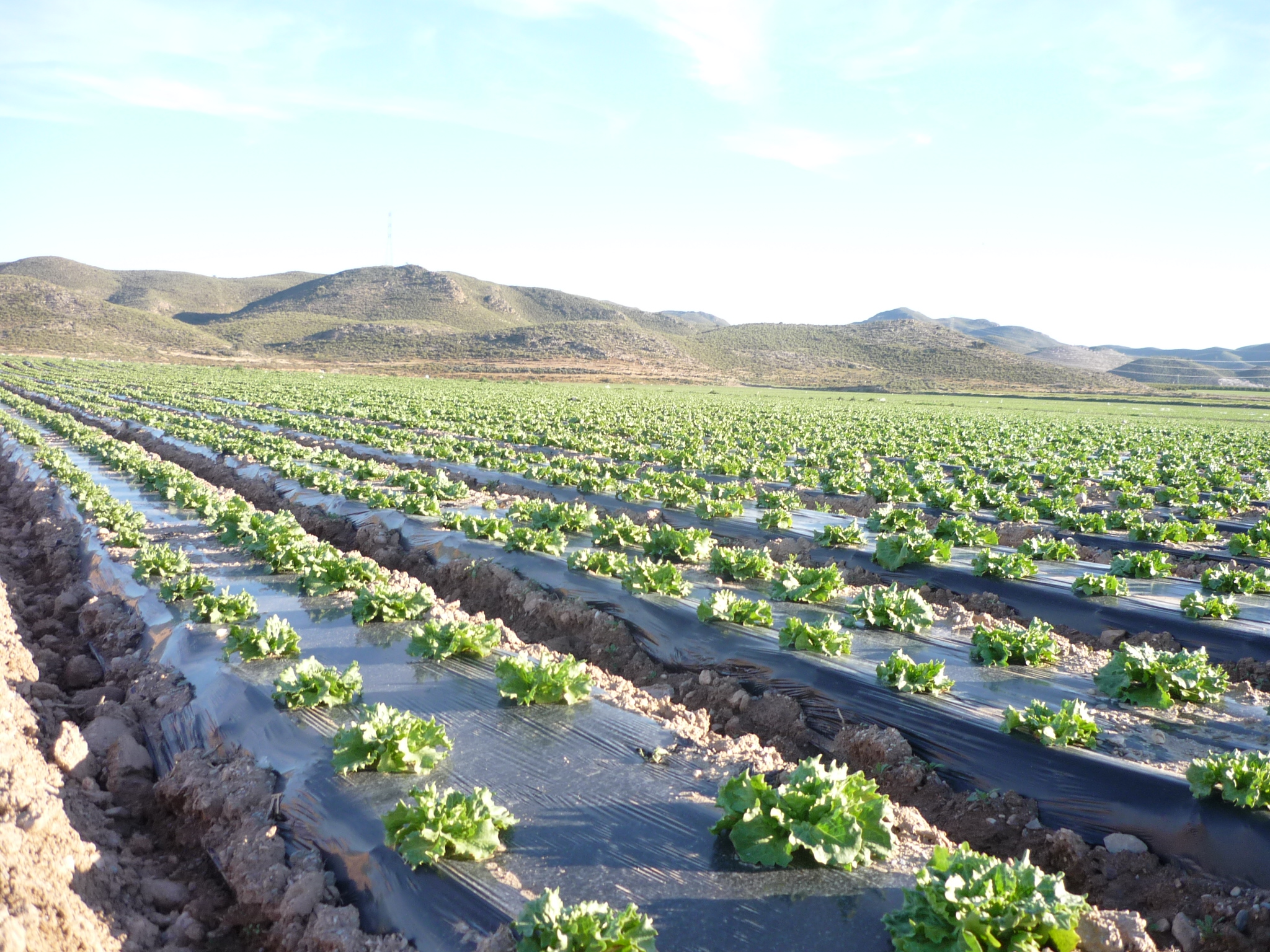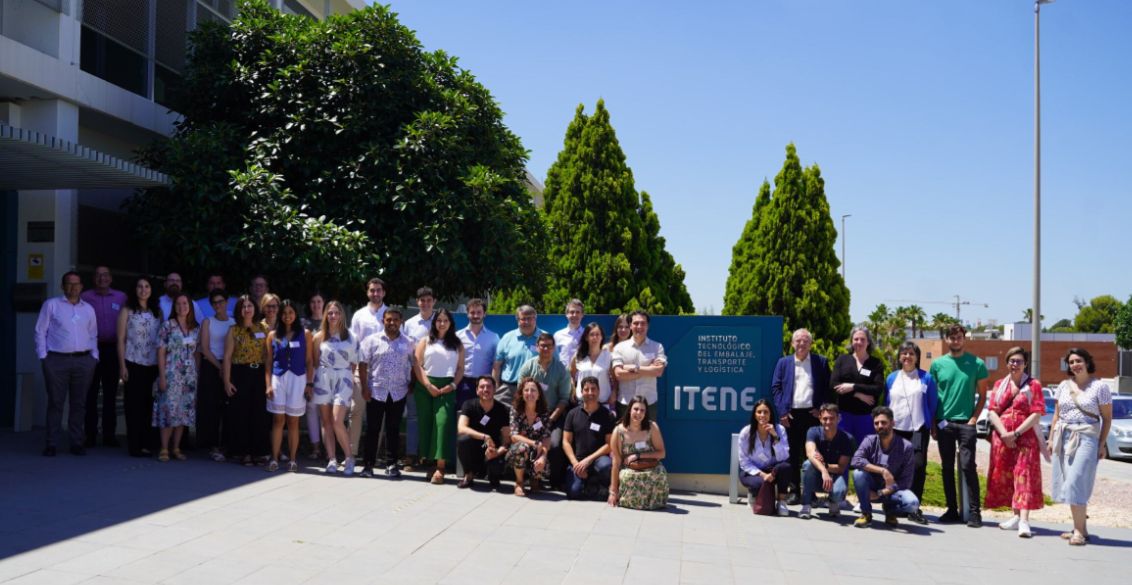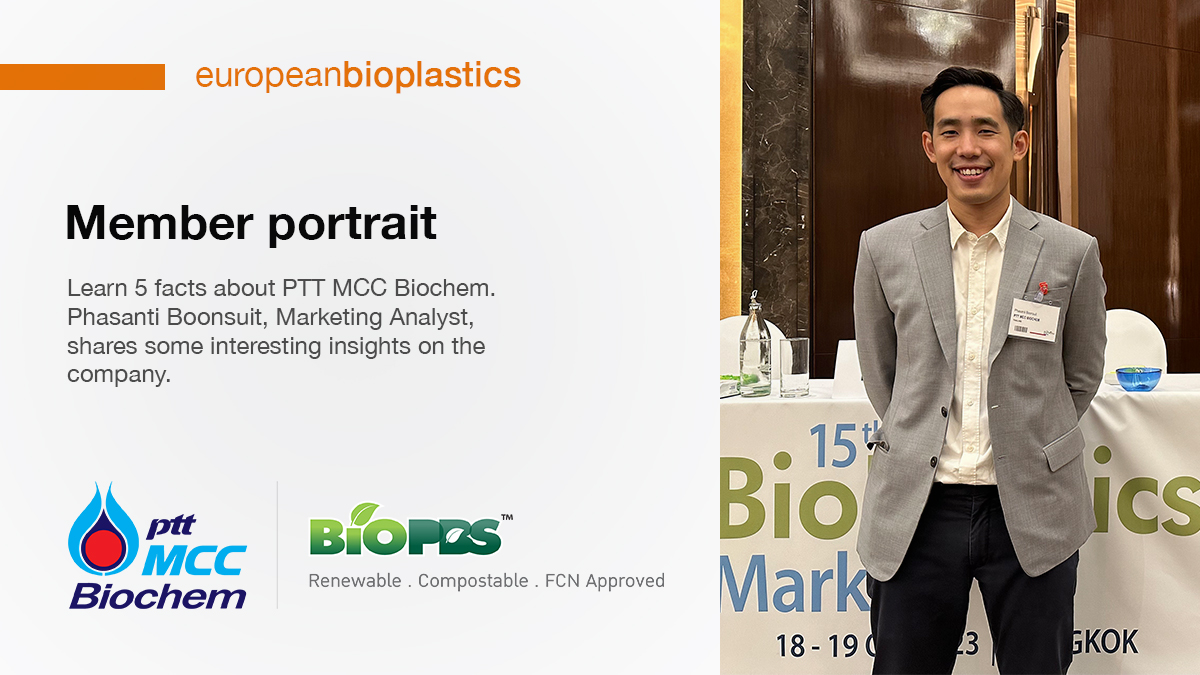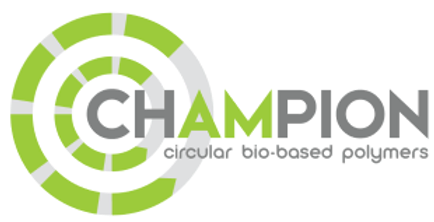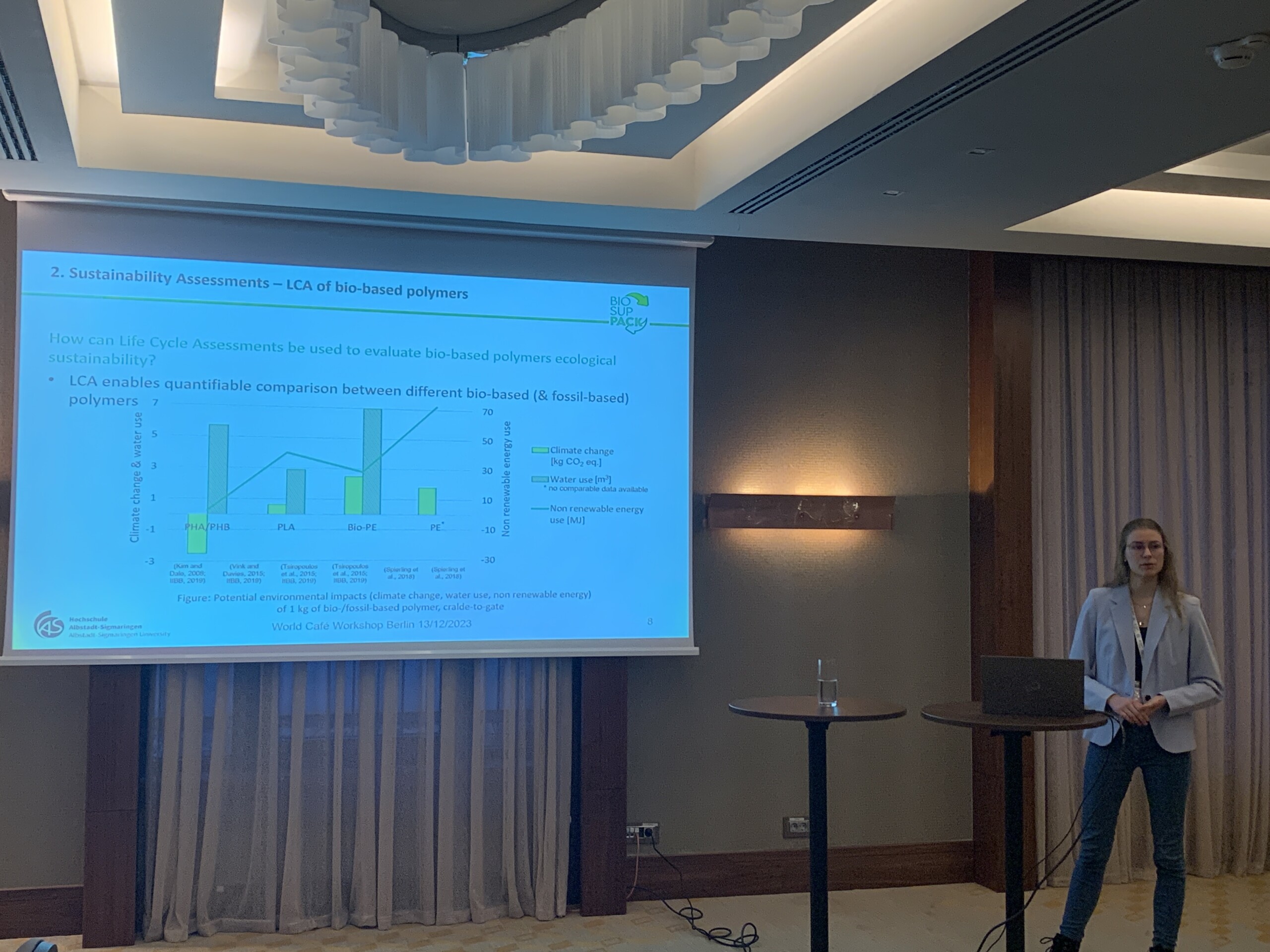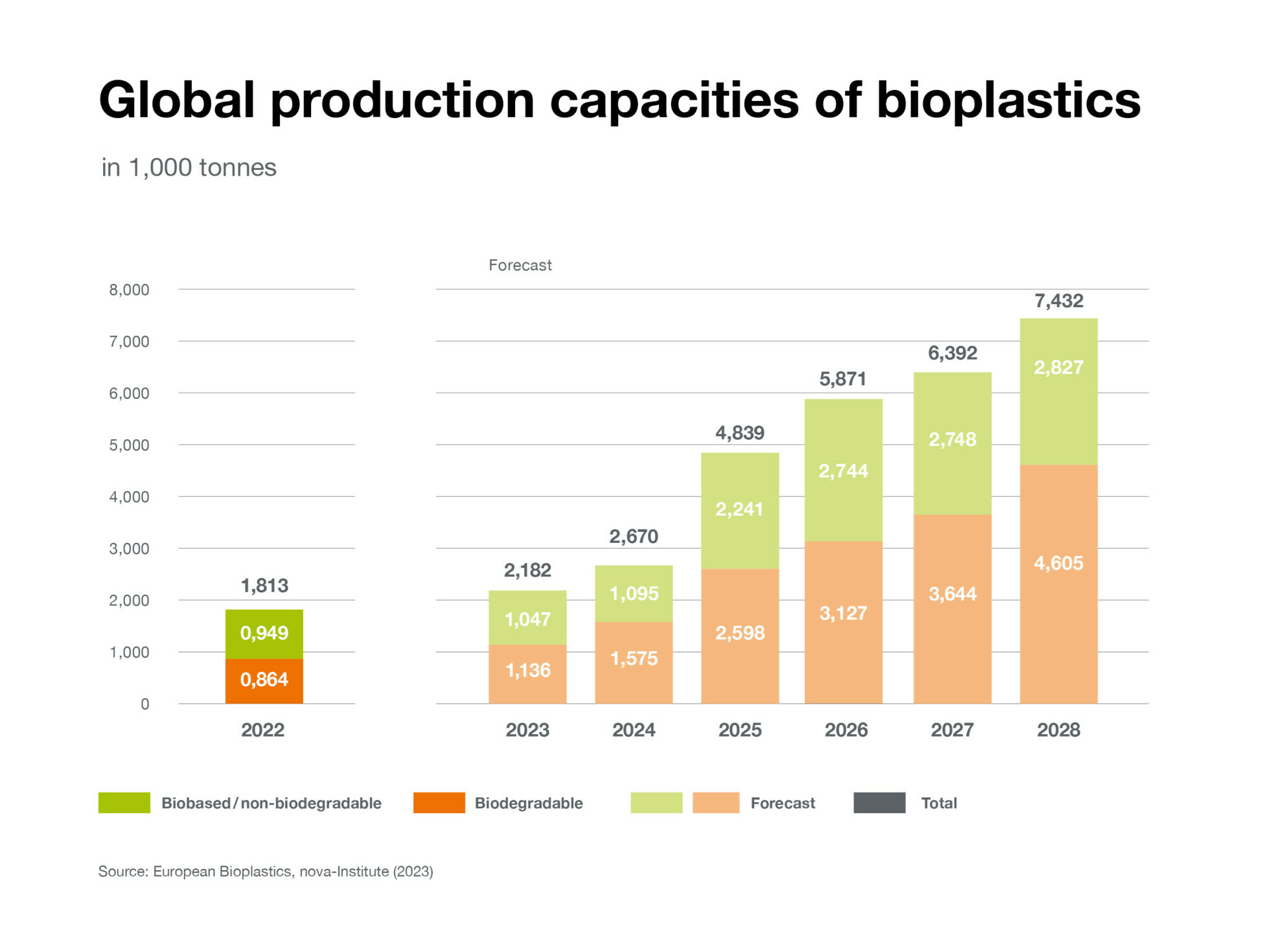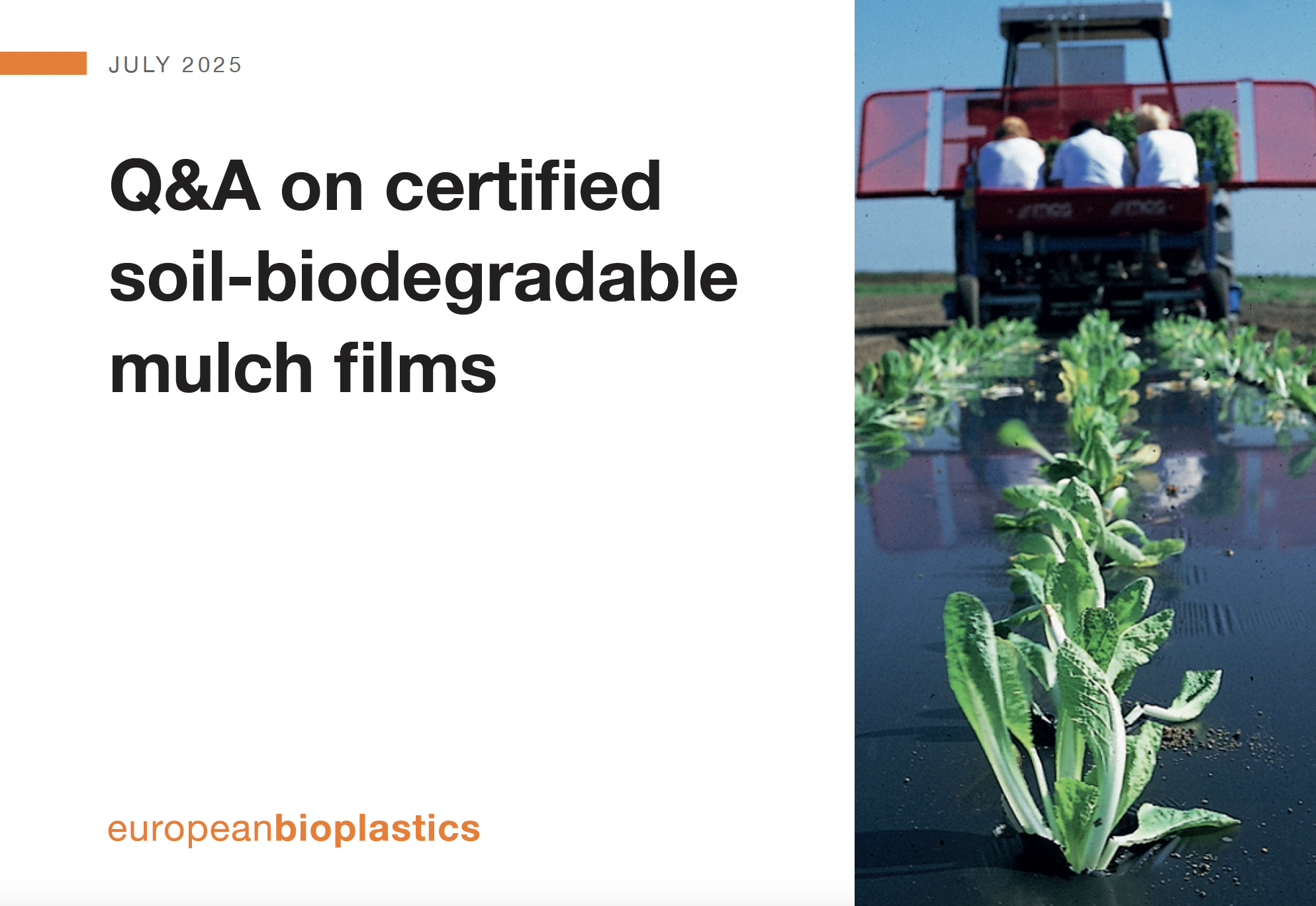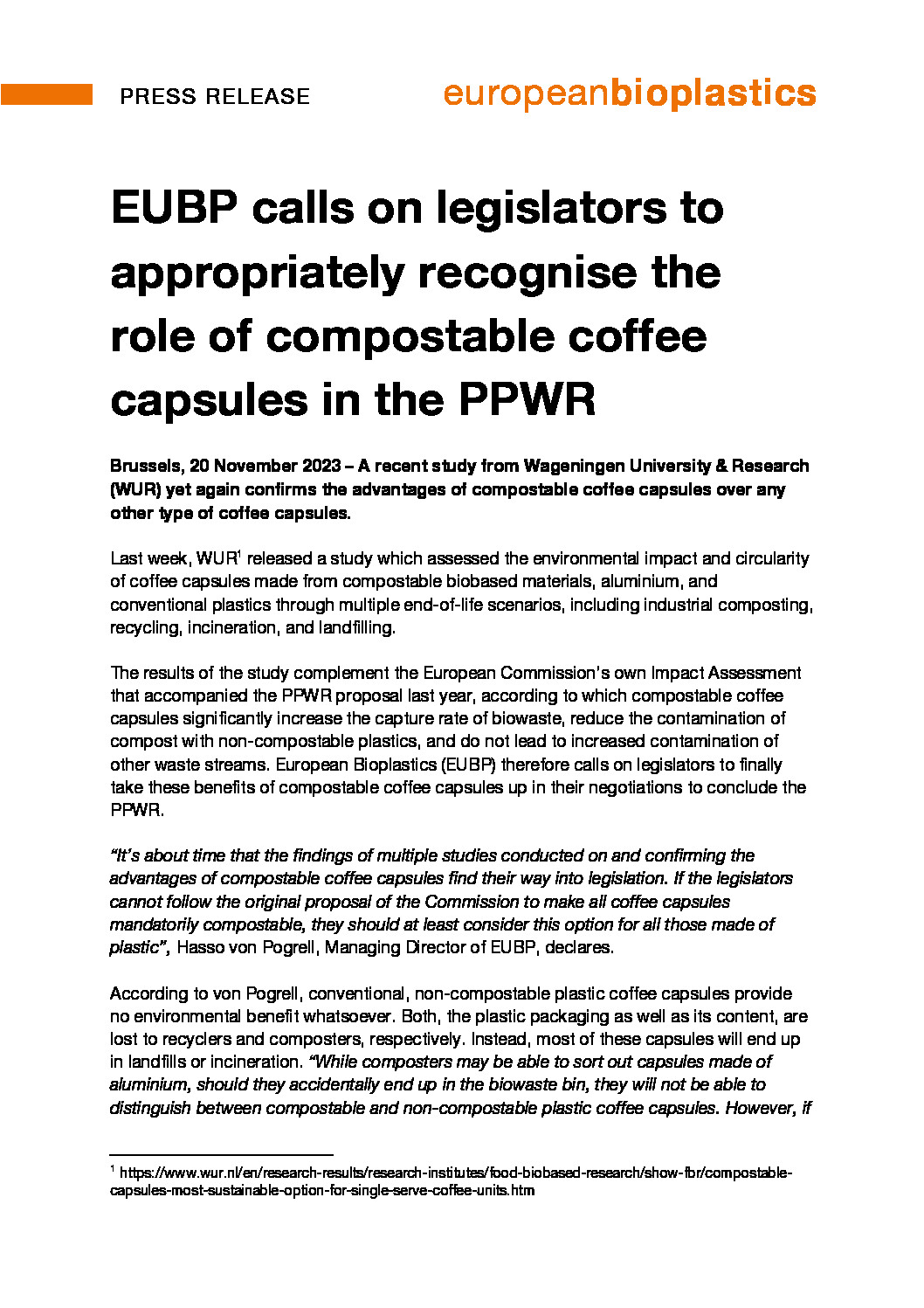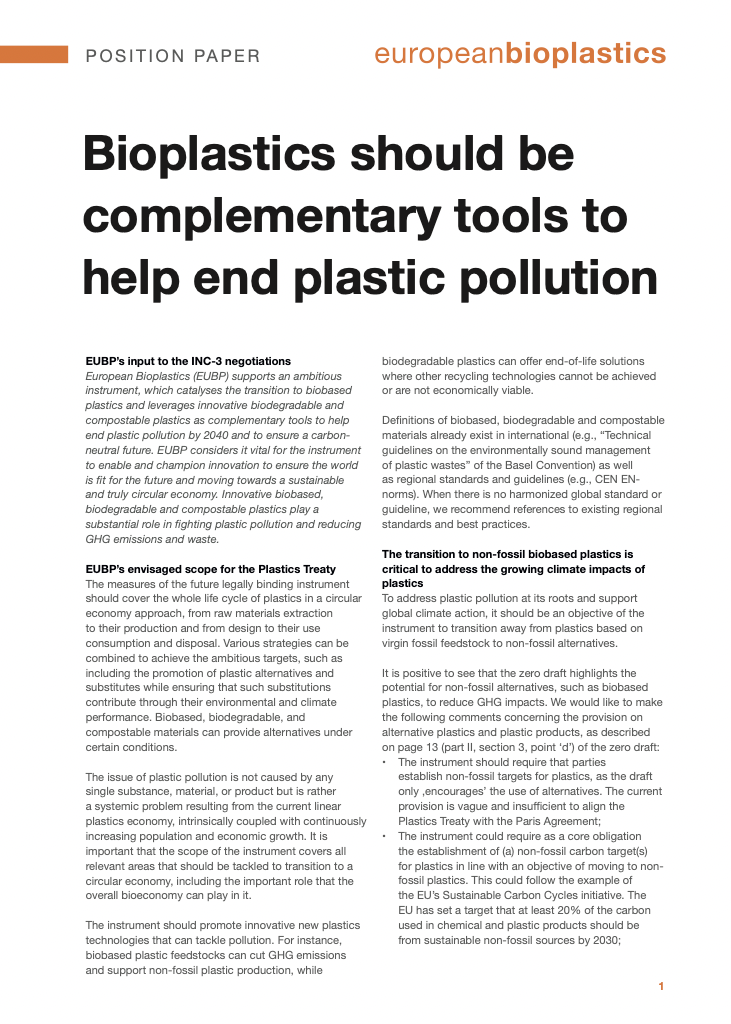Soil-biodegradable products are now included in the FPR
The European Union recently included soil-biodegradable mulch films, coating agents and water retention polymers in the Fertilising Products Regulation (FPR) 1009/2019. The strict biodegradability criteria outlined in the Delegated Acts underlines the important biodegradability standards that will ensure these products are environmentally safe and contribute to healthier soils. The inclusion paved the way for further [...]
